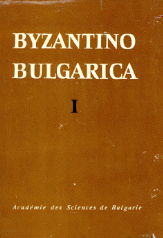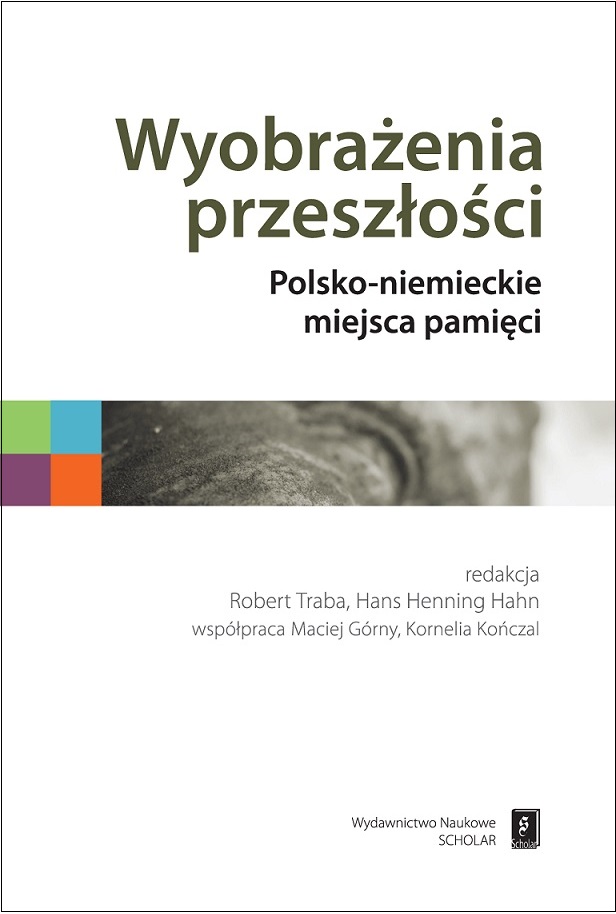
We kindly inform you that, as long as the subject affiliation of our 300.000+ articles is in progress, you might get unsufficient or no results on your third level or second level search. In this case, please broaden your search criteria.




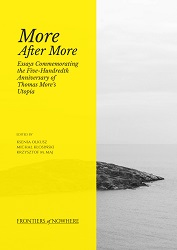

The previous Route has shown that the relationship between post-truth, populism, and fake news is often described in overly simplistic terms. Simply proclaiming that we are now living in an era of fake news and post-truth politics does not actually help us to understand these phenomena. This Route will trace the development of these concepts, tease out what is unique about the way they are currently being used, and identify what is at stake in the different definitions.
More...
‘How can you tell when a politician is lying?’ the joke goes, ‘because his lips are moving.’ We may roll our eyes when we hear it, partly because it is not that funny, but also because we are well aware of the fact that leaders lie. Sometimes, however, leaders should lie, as it can be an important tool of statecraft. Honesty can compromise military planning, and in the international system, diplomatic relations between states may require a well-placed lie to gain strategic advantage, or prevent another actor from doing so. In such circumstances, not only is it justifiable, but leaders may even have an obligation to lie. While the potential for abuse means lying should remain a controversial and scrutinised aspect of leadership, it is important to acknowledge that it sometimes functions as a necessary feature of government.
More...

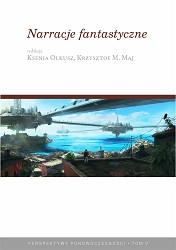
In this chapter, Krzysztof Uniłowski analyzes the function of historical allusions in Sapkowski’s pentateuch on the adventures of Geralt the Witcher and his companions. The saga is said here to allude to the Second World War, but also to the Germanic invasion of Britain in the fifth and sixth century, including the colonization of North America by Europeans. In addition, the series is viewed as featuring clear literary references to the historical novels of Henryk Sienkiewicz, Arthurian tradition, or texts based on Indian Wars. All these allusions defy Sapkowski’s allotopia and emphasize— just like the creative irony of Romanticism—the dependence of allotopian world on the writer’s creativity. At the same time, history functions like a prop room with plenty of motives, threads, and figures. From this perspective, fantasy literature confirms Fredric Jameson’s thesis that western societies have lost a sense of history. Nevertheless, in the light of peripheral character of the Polish culture, it can also mean freeing from the burden of history, or, to speak more precisely, from phantasmal imaginations. As an author, Sapkowski is conscious that we have lost the historical experience from our perceptive horizon as the most traumatogenic events of the twentieth century did not teach us anything. He further points out that what has been repressed, may always return. And it returns even in the frames of fantastic convention.
More...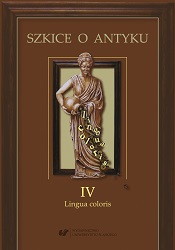
This article presents chosen passages from Roman literature, in which color epithets are collocated with nouns such as e.g.: gladius, flagellum, arcus or hasta. The aim of the text is to outline variety of the mentioned collocations as well as to describe their functions and explain interpretative problems with reference to historical and traditional context. The main emphasis is put on a conviction that color in literature let a reader construe (through senses) world and visions created by authors. It is possible to highlight personal characteristic thanks to vivid depictions and metaphors. Furthermore, color itself can lead into space of surprising solutions, noteworthy ideas and unusual descriptions, which have an impact of readers’ imagination.
More...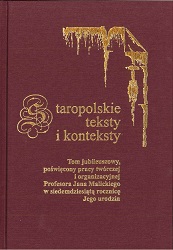
Unique copies of school chronicles consist a valuable part of local documentation heritage. In many cases, their significance becomes even more pronounced, given that – contrary to many historical documents – a lot of them survived the times of unrest. A school chronicle regarded as a text of culture belongs, in its material aspect, to the group of the so‑called remembering objects, and in its nonmaterial aspect, it sheds new light on the process of uncovering and interpreting or reinterpreting of the cultural past. From this perspective, school chronicles allow not only to construct a timeline of the local history, but also constitute one of the foundational elements of public discourse. As a historical source, school chronicles remain rather underutilized. Such chronicles, once upon a time, existed in all educational facilities, as they constituted an important document. Contemporarily, the presence of such chronicles in schools is more of a tradition, since chronicles ceased to perform their reporting and evaluating functions, and transformed into a kind of occasional writing.
More...